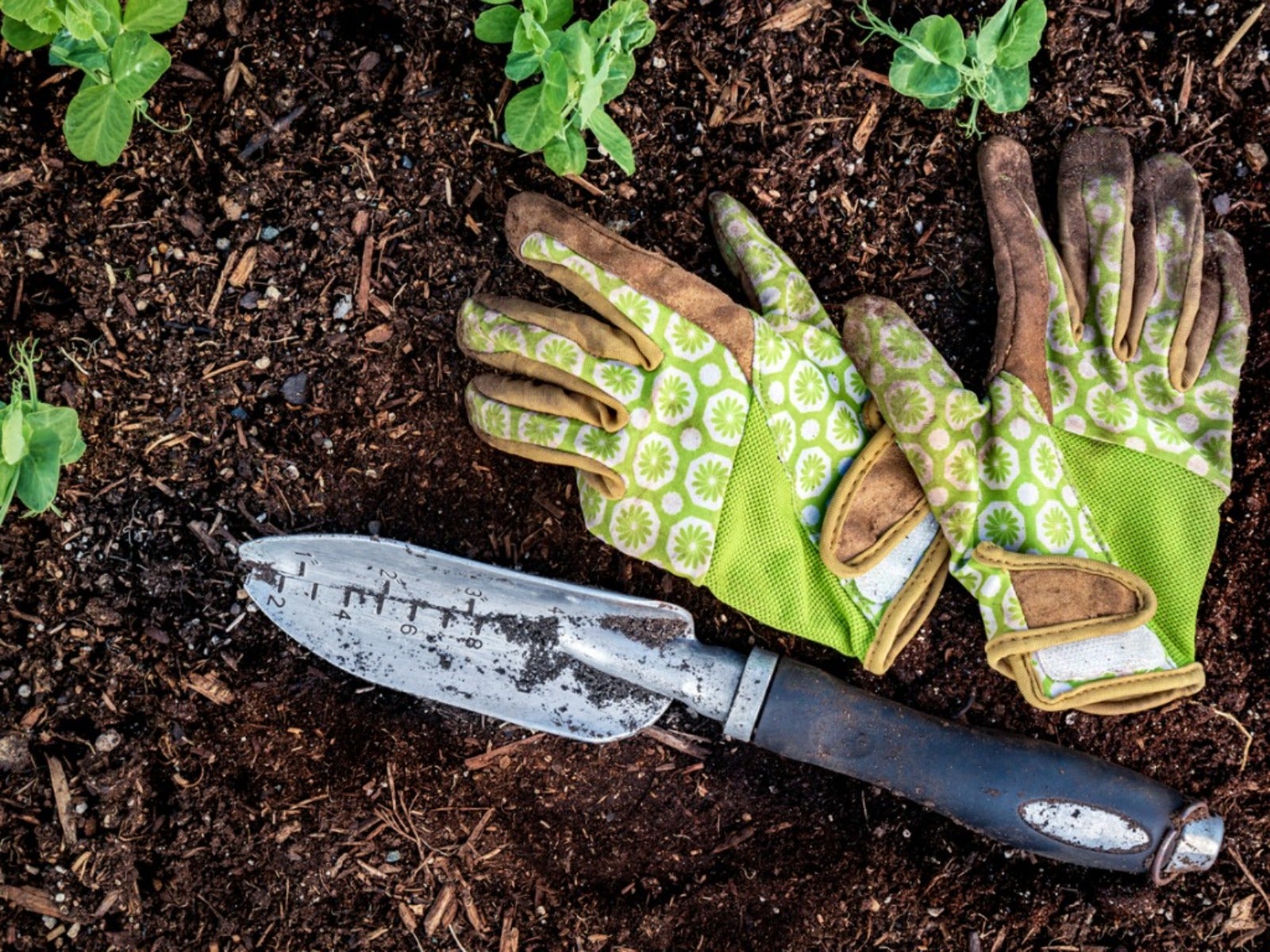How To Protect Yourself From Tetanus In Soil


Sign up for the Gardening Know How newsletter today and receive a free copy of our e-book "How to Grow Delicious Tomatoes".
You are now subscribed
Your newsletter sign-up was successful
Tetanus is a potentially deadly disease that lurks in soil and manure. It can enter the skin through cuts and scratches, as well as deep puncture wounds. If you are a gardener, learn how to protect yourself from this life-threatening infection.
Is There Tetanus Bacteria In Soil?
You may not realize it, but potentially deadly bacteria are lurking in the soil. We’ve all been warned that tetanus infection can occur if you step on a rusty nail or sustain a deep wound. But that’s not the only way to contract tetanus. Its spores, which are common in soil and manure, can enter the body through a small cut or scratch in the skin. Since gardeners spend a lot of time working with soil, it is important to learn how to prevent this life-threatening disease.
Can You Get Tetanus from Gardening?
Tetanus bacteria in soil is naturally present, so yes, getting tetanus from soil while gardening is a possibility. You also can get tetanus from an insect or animal bite. Tetanus has no cure, so it is important to prevent the disease.
Tetanus affects the nervous system and causes symptoms such as headache, muscle spasms, sweating, fever, and muscular stiffness in the jaw and neck (lock jaw). Even with medical attention, which includes a long stay in the hospital, fatalities occur in one of ten cases, according to the Centers for Disease Control and Prevention.
Can you get tetanus from soil? Yes, and here are the best ways to protect yourself:
- Get a Td (tetanus and diphtheria) booster every 10 years. It provides full immunity to tetanus. You can get one at the local health department or from your health provider. Children take the preventative series of Tdap (tetanus, diphtheria, pertussis), but immunity wears off. That is why it is important to get vaccinated every 10 years.
- If you experience a high risk wound with dirt contamination, get a vaccination if it has been 5 or more years since receiving one. If signs of infection or any skin changes develop, see your healthcare provider, and let him or her know you were gardening when the injury happened.
- When gardening, cover existing cuts with bandages, gloves, or clothing. To prevent new cuts, wear gloves, long sleeves, eyewear, and footwear while gardening.
- Practice good wound care. When you get a cut or scrape, wash it with soap and water, and bandage to prevent infection.
If you are not sure whether you are up to date on a tetanus vaccination, you probably are not. Check with your healthcare provider and protect your health.
Sign up for the Gardening Know How newsletter today and receive a free copy of our e-book "How to Grow Delicious Tomatoes".

After graduating from Oklahoma State University with a degree in English, Susan pursued a career in communications. In addition, she wrote garden articles for magazines and authored a newspaper gardening column for many years. She contributed South-Central regional gardening columns for four years to Lowes.com. While living in Oklahoma, she served as a master gardener for 17 years.